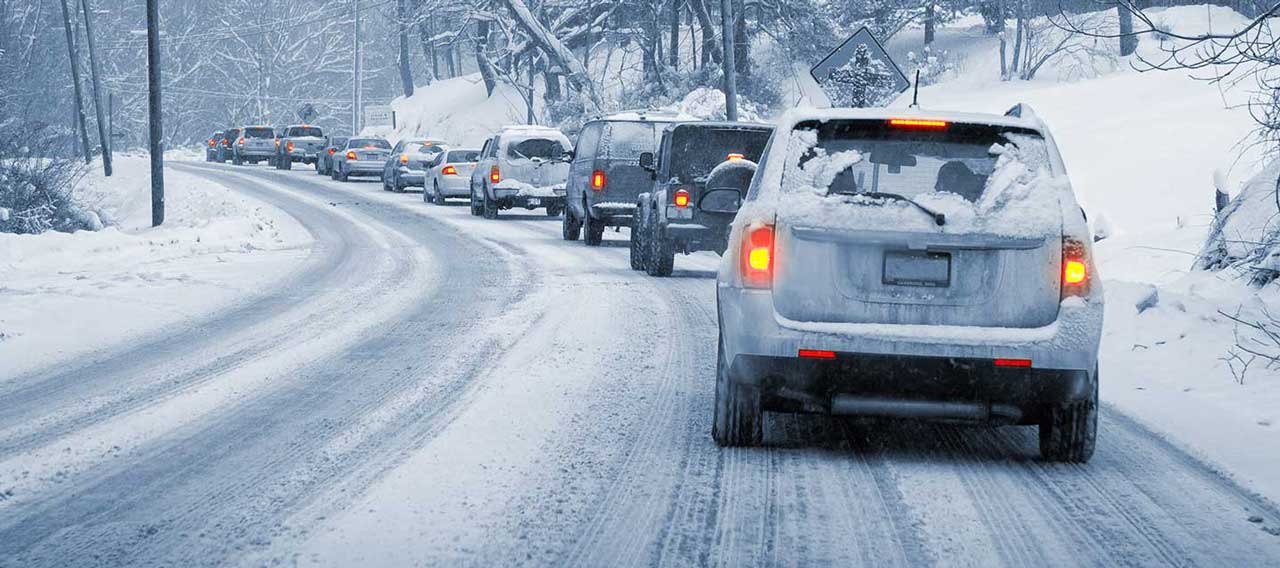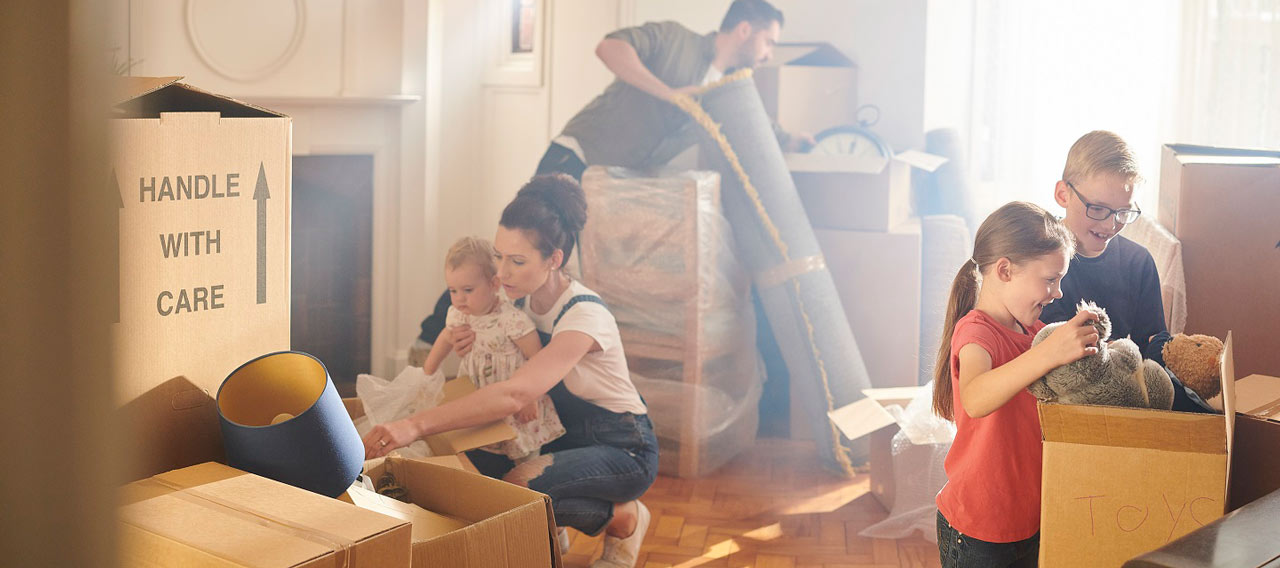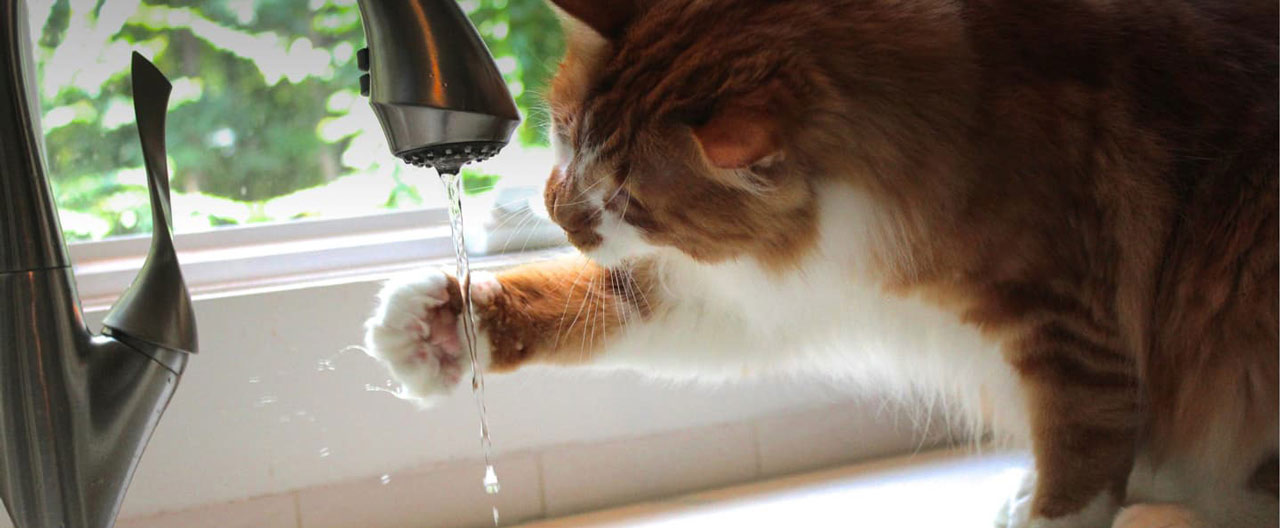- Businesses
- Individuals & Families
- Partnerships
- Brokers

Chubb Climate+ spans major industries, with a goal of enabling climate change progress in a meaningful way.


All Chubb policyholders are eligible for cyber services. Get the most value from your Chubb policy and schedule a consultation today.

In a complex world, Chubb’s support for multinationals and their brokers when choosing the right cover has never been more valuable.


As one of the world's largest providers of jewellery and fine art insurance, you can count on our unparalleled service and expertise, offering some of the broadest protection available.
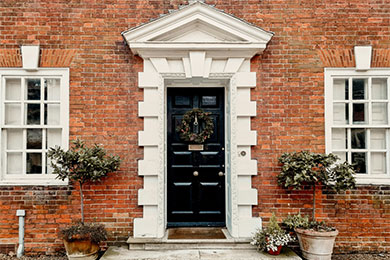
As pioneers of using in-house appraisers to help clients establish the value of their property, and mitigate the risk of loss, our appraisal service is a key reason why owners of fine homes and high value possessions around the world choose Chubb

Build your business by providing the protection your customers need – it’s insurance for the new possible.

The seamless, secure, and scalable engine behind new possibilities for your company and customers.

-
About
About UsWho We AreFinancial & Regulation
- Claims
-
FCA Regulation
-
Contact
Chubb CareersComplaints
-
BackSuggested Searches
Did you know that if your average household water pipe bursts, it can displace enough water to fill a swimming pool within 24 hours? Typically water damage accounts for more claims than fire and theft – even small leaks over time can do significant damage.
To see how much you know about water damage – and how likely you’ll experience it – answer the questions below:
1. Do you turn off the water main before leaving on holiday?
If you said yes, you are in the minority, even though most people know where the water main is and how to turn it off. Make sure everyone in your family knows, too. Usually, it’s near or under the kitchen sink, but older houses may have a small culvert outside where the stopcock can only be operated with a specific tool known as a stopcock key.
2. In what month does the most water damage occur?
If you said August, you were correct. That’s not to say damage doesn’t also occur in winter – use a smart thermostat to maintain a minimum temperature of at least 10 degrees Celsius in your home. Warm water must be able to circulate through pipes to prevent freezing damage from occurring.
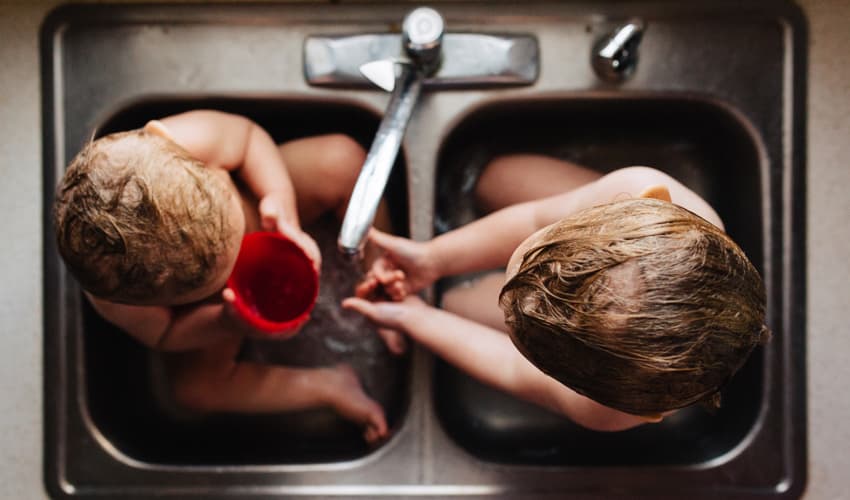
3. Have you installed a water leak detection device in your home?
Relatively inexpensive, detection devices automatically shut off the water supply in the event of a leak, which is essential if you leave your property vacant for extended periods. If you have one installed already then you’re a step ahead of most.
4. Have you experienced a water leak claim in the last 2 years?
Always proactively check for leaks. Look for areas of moisture or mould. Flaking paint or wallpaper can be a sign of damp, as can black, speckled marks on skirting and sills.
5. Have you ever had your appliances inspected?
If you have, that’s great. Check underneath sinks and around dishwashers and washing machines. Ideally, your appliances should be inspected by a certified technician every two years. If you do notice a leaky appliance, shut off your water valve and call in a plumber or technician right away.
6. Are your water pipes properly prepared for winter?
Protect your pipes from freezing. Exposed pipes should always be properly insulated. Snap-on pipe insulation is cheap and effective. Add further insulation to basements and crawl spaces to help raise the minimum temperature in those areas.
7. Which appliance is most likely to leak?
You may think your water heater is the most likely candidate for a water leak but, in fact, it’s your actual plumbing supply system (and not individual appliances) which poses the greatest risk of leaks.
Contact your Chubb representative today and take some serious steps to protect your home against water damage.
We are Chubb. Expert insurers of your most valued possessions.
All content in this material is for general information purposes only. It does not constitute personal advice or a recommendation to any individual or business of any product or service. Please refer to the policy documentation issued for full terms and conditions of coverage.
For more information on Chubb in the UK click here.
Insights and expertise

